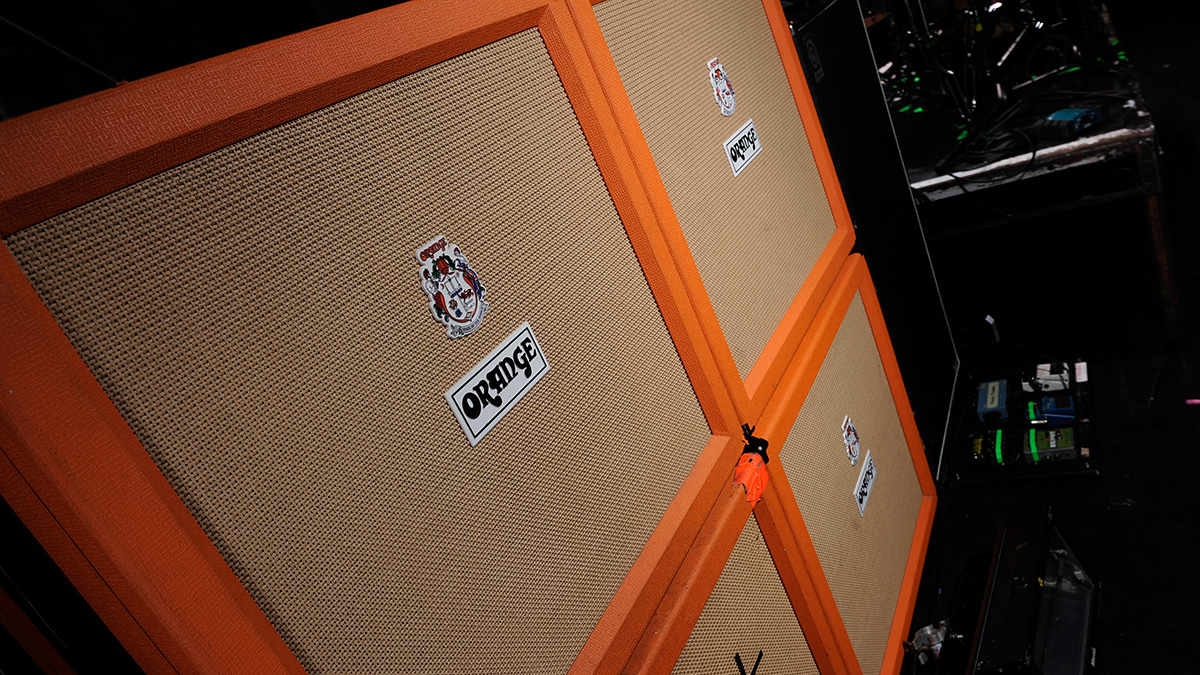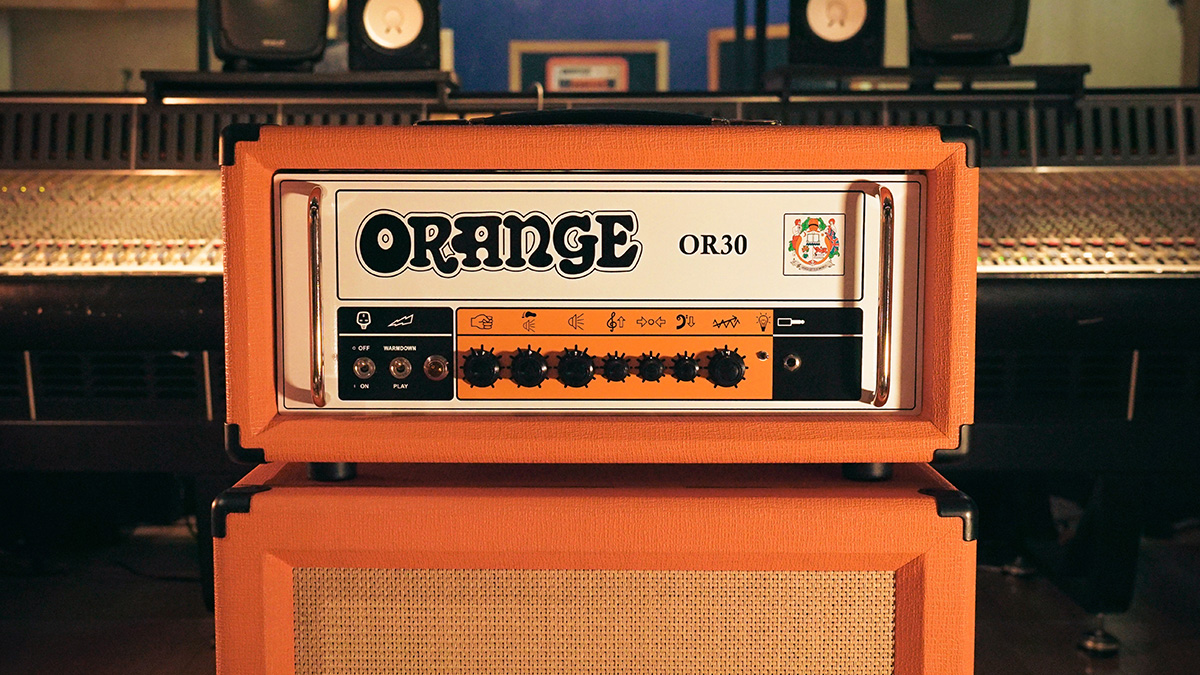
With Neural DSP, Positive Grid, Darkglass, Kemper – and yes, even legacy brands like Fender, Boss, and Blackstar – embracing state-of-the-art amp modelers, it seems only natural to expect more amp brands to join this digital movement.
However, Orange has confirmed that the British amp manufacturing company has no interest in joining the new vanguard, choosing instead to double down on what it does best.
“My dad's not a fan of Orange being called retro, when someone thinks like, ‘Oh, you've got an Orange amp. Oh, that's so retro.’ Because I guess, from our perspective, it's not even tradition. It's just kind of what we know,” Charlie Cooper, son of founder Cliff Cooper, says in an interview with Lonely Rocker.
“We're not even going to pretend or try to dabble in digital amplifiers or digital modeling. Everyone else is essentially. They can do it better. We can't beat them at that. So we just keep evolving amplifier technology. The thing that's consistent is the tubes, that's probably the oldest thing. But the design and how they're pushed changes, and how the circuit works changes.”
Cooper goes on to say he perceives amp owners and guitarists who use amp modelers as two separate demographics, a conclusion he came to after closely monitoring the market following his involvement with the OPC, Orange's very own computer/amplifier.
“I think it was 2010. I had officially joined Orange. I was showing everyone at the company, like, ‘Oh, look, this modeling stuff can be really cool, and we can be part of it. We can accept that we can't do the software – we're way too late in the game. But we can do hardware around it and we can just do a cool computer.’”
He continues, “Around that time, we partnered with IK Multimedia. They got a really good tone and nailed it. And we're like, ‘This is great!’ And then, over time, it's been getting more and more convenient with modeling amplifiers that you don't even need the operating system or an iPhone or anything.

“But I kind of see it as different audiences. Now it's evolved to the point where it's not just a race to get the identical tone. The conversation has changed to be more about, ‘Oh, you know, it's kind of convenient to get an idea of what all these different sounds sound like.’”
“Sometimes you're just doing a small gig [and] you don't really care too much to lug a class A amplifier around with you. So now you just got these different ecosystems, and they're just kind of cohabiting. Very early on, there was a lot of worry and concern in the industry, and that's kind of not there anymore.”
In other Orange news, the brand recently joined forces with Orianthi to release her signature Rockerverb MKIII 50 Neo-inspired combo, the Oriverb.







